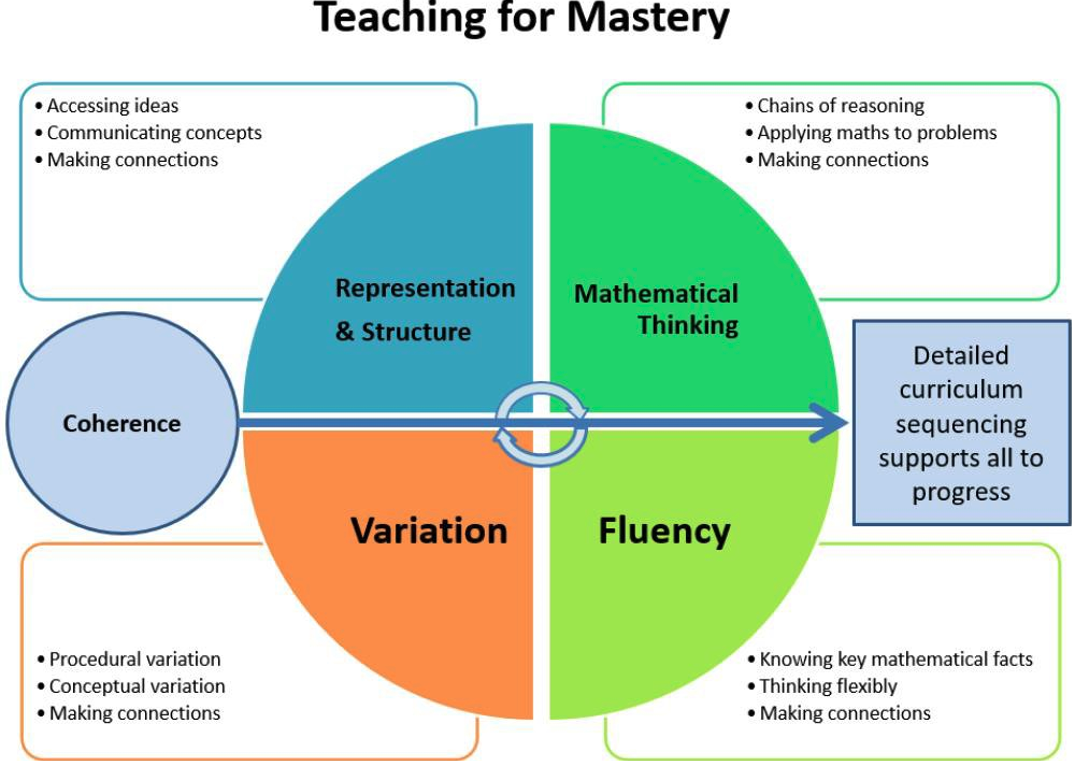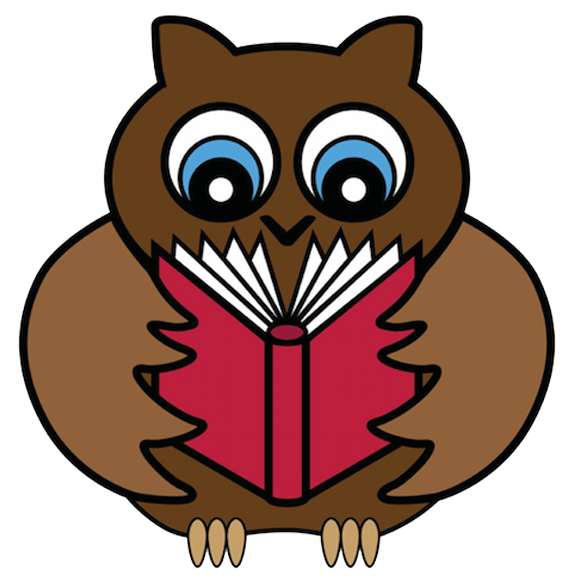Mathematics
Vision
At Ernesford Grange Primary School, we intend to give each child the self-confidence and resilience to reach their full potential by ensuring that they have the tools to become independent learners, who can calculate fluently, reason and problem solve logically, talk about their learning, see links and patterns and draw on a range of strategies and methods to tackle problems efficiently.
By the end of their Primary School experience, children leaving EGPS are equipped with the skills necessary to be successful in KS3 and then go on to be financially literate and have the skills required for future employment.
By the end of their Primary School experience, children leaving EGPS are equipped with the skills necessary to be successful in KS3 and then go on to be financially literate and have the skills required for future employment.
Intent
What are we trying to achieve?
• Children become confident, competent and independent mathematicians
• Build a deep conceptual understanding of maths and its interrelated content so that children can apply their learning in different situations
• Develop children’s ability to articulate, discuss and explain their thinking using appropriate mathematical vocabulary
• ‘Mistake friendly’ classrooms where children see mistakes as learning tools – there is an emphasis placed upon developing the power to ‘think’ rather than just the ‘do’
• Instil the mind-set in every child and staff member that everyone can do maths and that maths is for everyone…EVERYONE CAN!
• Children develop into resilient and inquisitive learners – skills needed to become life-long mathematicians
• Deliver an inspiring and engaging mathematics curriculum, taught by highly-enthusiastic staff, which sparks curiosity and excitement and which nurtures confidence in maths
• Build a deep conceptual understanding of maths and its interrelated content so that children can apply their learning in different situations
• Develop children’s ability to articulate, discuss and explain their thinking using appropriate mathematical vocabulary
• ‘Mistake friendly’ classrooms where children see mistakes as learning tools – there is an emphasis placed upon developing the power to ‘think’ rather than just the ‘do’
• Instil the mind-set in every child and staff member that everyone can do maths and that maths is for everyone…EVERYONE CAN!
• Children develop into resilient and inquisitive learners – skills needed to become life-long mathematicians
• Deliver an inspiring and engaging mathematics curriculum, taught by highly-enthusiastic staff, which sparks curiosity and excitement and which nurtures confidence in maths
Implementation
How is our vision translated into practice?
Early Years
Our EYFS staff lay the foundations of mathematical understanding. Children are exposed to counting and are taught to subitise in a variety of contexts and begin to use mathematical vocabulary to compare amounts or objects. They are introduced to pattern and shape and develop their ability to recognise and replicate these through their play and exploration. Problem solving is entwined throughout the children’s mathematical experiences: children begin to solve real life problems involving numbers up to 5.Teachers in Reception follow the NCETM Mastering Number programme to develop the children’s sense of number. Mathematical language is extended further and children begin to explore partitioning and recombining, using concrete equipment: laying the foundations for calculation in subsequent year groups. White Rose Maths is used to support planning lessons to develop understanding of shape, space and measures.
Key Stage 1
Teachers continue to use the NCETM Mastering Number programme to support children to develop a strong sense of number. Learning is planned in line with the National Curriculum. White Rose Maths is used as a baseline for medium and long term planning to ensure continuity and progression. Other resources are used where appropriate to allow teachers to plan and deliver lessons that are carefully designed to support and match the needs of the children.Key Stage 2
In KS2 learning continues to be planned in line with the National Curriculum, with White Rose Maths used as a baseline for medium and long term planning.Discrete fluency sessions are delivered in addition to the daily Maths lessons, to develop children’s ability to recall mathematics facts and concepts without thinking and to develop their number sense and flexibility of thinking by considering appropriate and efficient responses to problems.
Learning is tailored around the 5 Big Ideas of Teaching for Mastery:

| Small coherent steps | Making Connections | Fluency | Representations | Variation |
|---|---|---|---|---|
| In order to allow all children to achieve, scaffolding is necessary. All children are able to engage with the lesson as small steps are carefully engineered to guide them through their learning, leading them to conclusions and generalisations which, through careful teacher-led questioning and lesson design, they discover for themselves. | Units of learning are built upon prior learning and connections are made throughout the learning journey. Sufficient time is spent on each mathematical concept so that there is time for depth of understanding and children are able to make their own generalisations as well as reason about their maths and use their knowledge and understanding to solve problems. | Children are taught key number facts, which they practise and apply within a wide range of contexts. | Children are exposed to a wide range of representations, following a concrete, pictorial, abstract approach so that all learners are able to visualise the structures of mathematics to support their learning and to make links across topics. | Lessons include both conceptual variation, where concepts are shown in a variety of ways, as well as procedural variation throughout a lesson or exercise in which children are encouraged to apply their knowledge and make connections to proceed through a task. |
Teaching and Assessment
Across the school, mathematics lessons include:
A recap of prior learning and links to new learning made explicit to help embed the ‘sticky’ knowledge and help children to make connections.
All children to move at broadly the same pace. This provides equity for all. Lessons are engineered to ensure that there are opportunities for all children to access the same learning, at their level, using a range of scaffolds.
Questioning is considered in lesson design and used throughout the lesson. This can be a scaffolding technique to support learners as well as a way to deepen the understanding of those who have grasped a concept quickly.
Worked examples are modelled, used as a support structure and displayed on the working wall.
Correct mathematical vocabulary is used to model reasoning and problem solving strategies. This helps to narrate thought processes, making them explicit to children. Children are expected to use the correct vocabulary to describe their own thinking.
Assessment for learning is ongoing throughout the lesson. Both Teachers and Teaching Assistants will move around the classroom, supporting pupils and intervening at the point of crisis.
Cornerstones summative tests are used on a termly basis to support teacher assessments.
All children to move at broadly the same pace. This provides equity for all. Lessons are engineered to ensure that there are opportunities for all children to access the same learning, at their level, using a range of scaffolds.
Questioning is considered in lesson design and used throughout the lesson. This can be a scaffolding technique to support learners as well as a way to deepen the understanding of those who have grasped a concept quickly.
Worked examples are modelled, used as a support structure and displayed on the working wall.
Correct mathematical vocabulary is used to model reasoning and problem solving strategies. This helps to narrate thought processes, making them explicit to children. Children are expected to use the correct vocabulary to describe their own thinking.
Assessment for learning is ongoing throughout the lesson. Both Teachers and Teaching Assistants will move around the classroom, supporting pupils and intervening at the point of crisis.
Cornerstones summative tests are used on a termly basis to support teacher assessments.
Impact
What is the impact of our curriculum?
• Children are happy learners who talk enthusiastically about their learning and are eager to further their progress in maths
• The impact of ‘mastery’ and the emphasis on accurate use of mathematical language is evident during class/pupil discussions
• Well planned sequences of learning support children to develop and refine their maths skills and ensure progression and consistency across the school.
• More consistent mastery teaching practices are evident across school
• Learning walks and book looks highlight the high level of challenge for all ability groups, evident throughout topics through reasoning and problem solving activities, and show how children are able to independently apply their knowledge to a range of increasingly complex problems and reason with increased confidence and accuracy.
• Moderation in school and across the network shows teacher assessment is increasingly accurate.
• Achievement at the end of KS1 and KS2 is above national average, as well an increasing proportion of children demonstrating greater depth at the end of each phase.
• Most children reach end of year expectations.
• Children’s fluency in number is evident from an improvement in the y4 MTC from 2022 to 2023.
• The impact of ‘mastery’ and the emphasis on accurate use of mathematical language is evident during class/pupil discussions
• Well planned sequences of learning support children to develop and refine their maths skills and ensure progression and consistency across the school.
• More consistent mastery teaching practices are evident across school
• Learning walks and book looks highlight the high level of challenge for all ability groups, evident throughout topics through reasoning and problem solving activities, and show how children are able to independently apply their knowledge to a range of increasingly complex problems and reason with increased confidence and accuracy.
• Moderation in school and across the network shows teacher assessment is increasingly accurate.
• Achievement at the end of KS1 and KS2 is above national average, as well an increasing proportion of children demonstrating greater depth at the end of each phase.
• Most children reach end of year expectations.
• Children’s fluency in number is evident from an improvement in the y4 MTC from 2022 to 2023.
